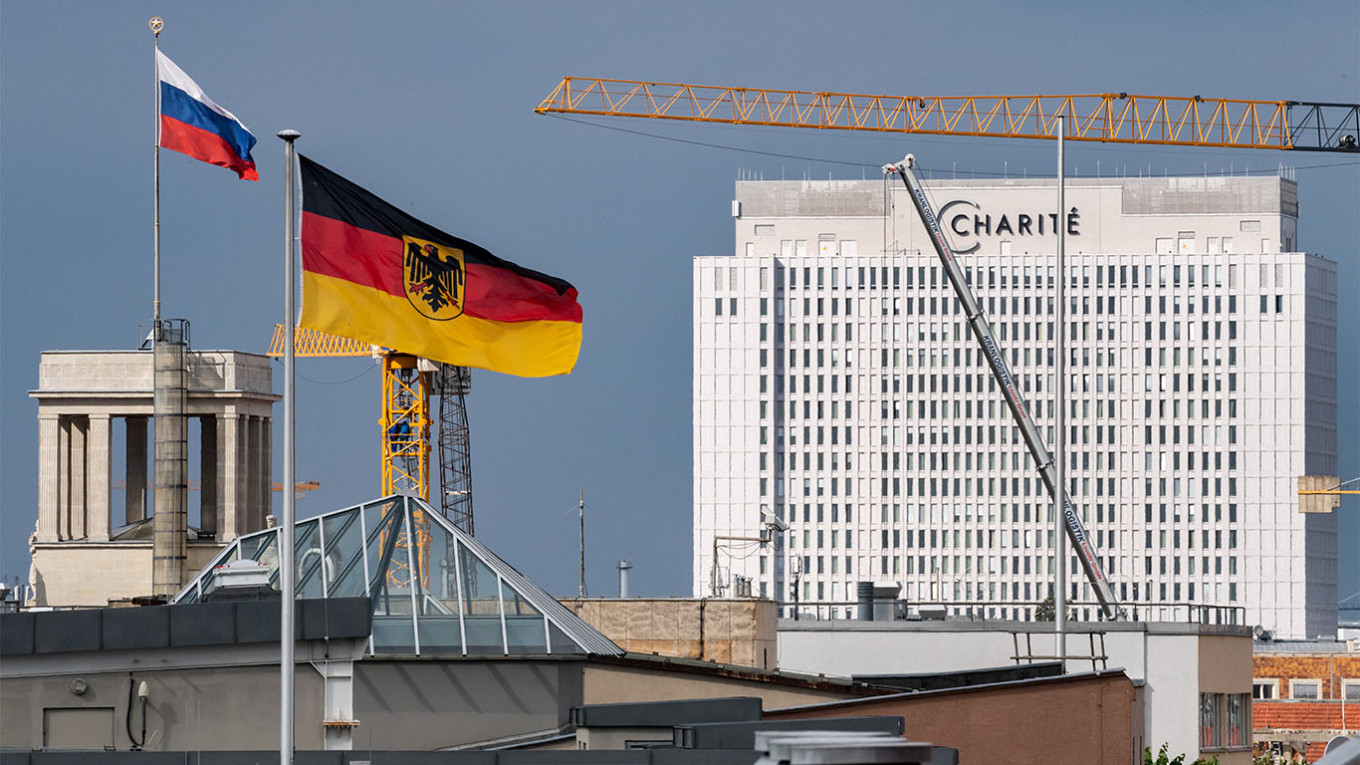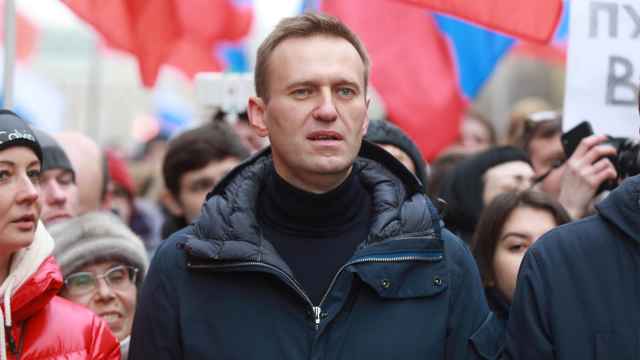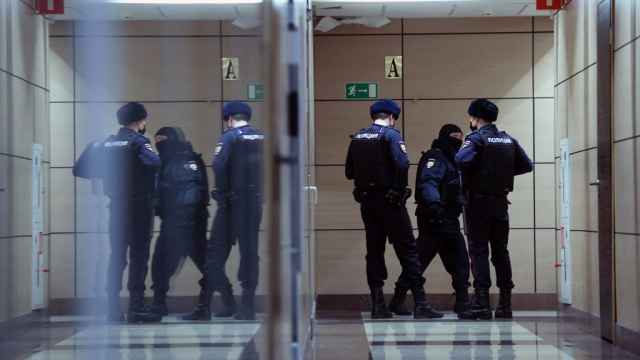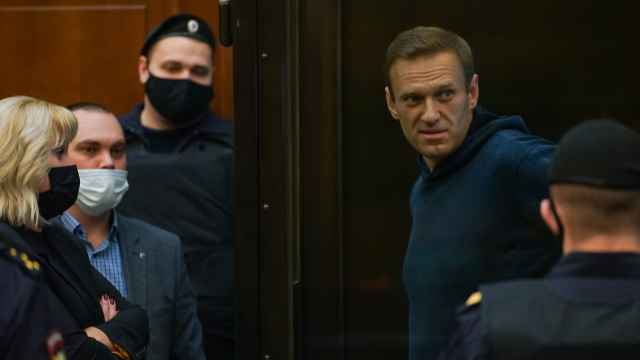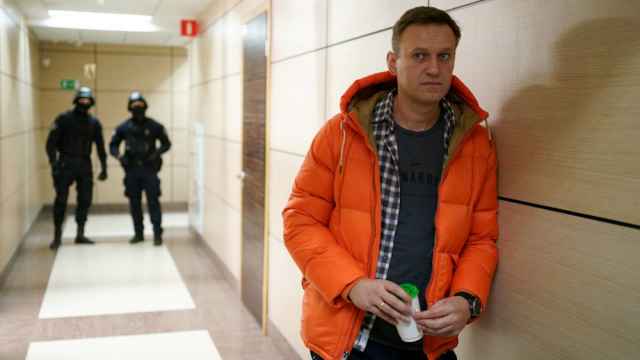The head of Russia's foreign intelligence service said Tuesday opposition leader Alexei Navalny showed no signs of poisoning before he was flown to Berlin for treatment and that Moscow had "questions" for Germany.
The 44-year-old lawyer and outspoken Kremlin critic last month fell severely ill on a flight from the Siberian city of Tomsk to Moscow after a trip to support opposition candidates in local elections.
"It is a fact that the moment Alexei Navalny left Russian territory there were no toxins in his system," Russia's Foreign Intelligence Service Director Sergei Naryshkin said.
"Therefore, we have many questions to the German side," he told reporters.
Germany said there was "unequivocal evidence" that Russia's most prominent opposition figure was poisoned with a Novichok nerve agent but Moscow has angrily dismissed the findings, saying its doctors found no trace of poison.
Navalny's allies say the use of the banned chemical weapon means that only the Russian state could be responsible.
Chancellor Angela Merkel's spokesman Steffen Seibert said Monday that labs in France and Sweden had independently confirmed findings by doctors in Berlin that Navalny was poisoned.
Russian President Vladimir Putin fired back in a call with French leader Emmanuel Macron, dismissing "unsubstantiated accusations based on nothing".
The Berlin hospital treating Navalny said Monday he was regaining mobility and able to leave his bed.
Navalny himself addressed the public for the first time Tuesday, saying on Instagram he was able to breathe unaided.
"Doctors from the Omsk hospital saved Navalny's life and performed a series of the most profound tests and examinations," Naryshkin said.
A Message from The Moscow Times:
Dear readers,
We are facing unprecedented challenges. Russia's Prosecutor General's Office has designated The Moscow Times as an "undesirable" organization, criminalizing our work and putting our staff at risk of prosecution. This follows our earlier unjust labeling as a "foreign agent."
These actions are direct attempts to silence independent journalism in Russia. The authorities claim our work "discredits the decisions of the Russian leadership." We see things differently: we strive to provide accurate, unbiased reporting on Russia.
We, the journalists of The Moscow Times, refuse to be silenced. But to continue our work, we need your help.
Your support, no matter how small, makes a world of difference. If you can, please support us monthly starting from just $2. It's quick to set up, and every contribution makes a significant impact.
By supporting The Moscow Times, you're defending open, independent journalism in the face of repression. Thank you for standing with us.
Remind me later.



